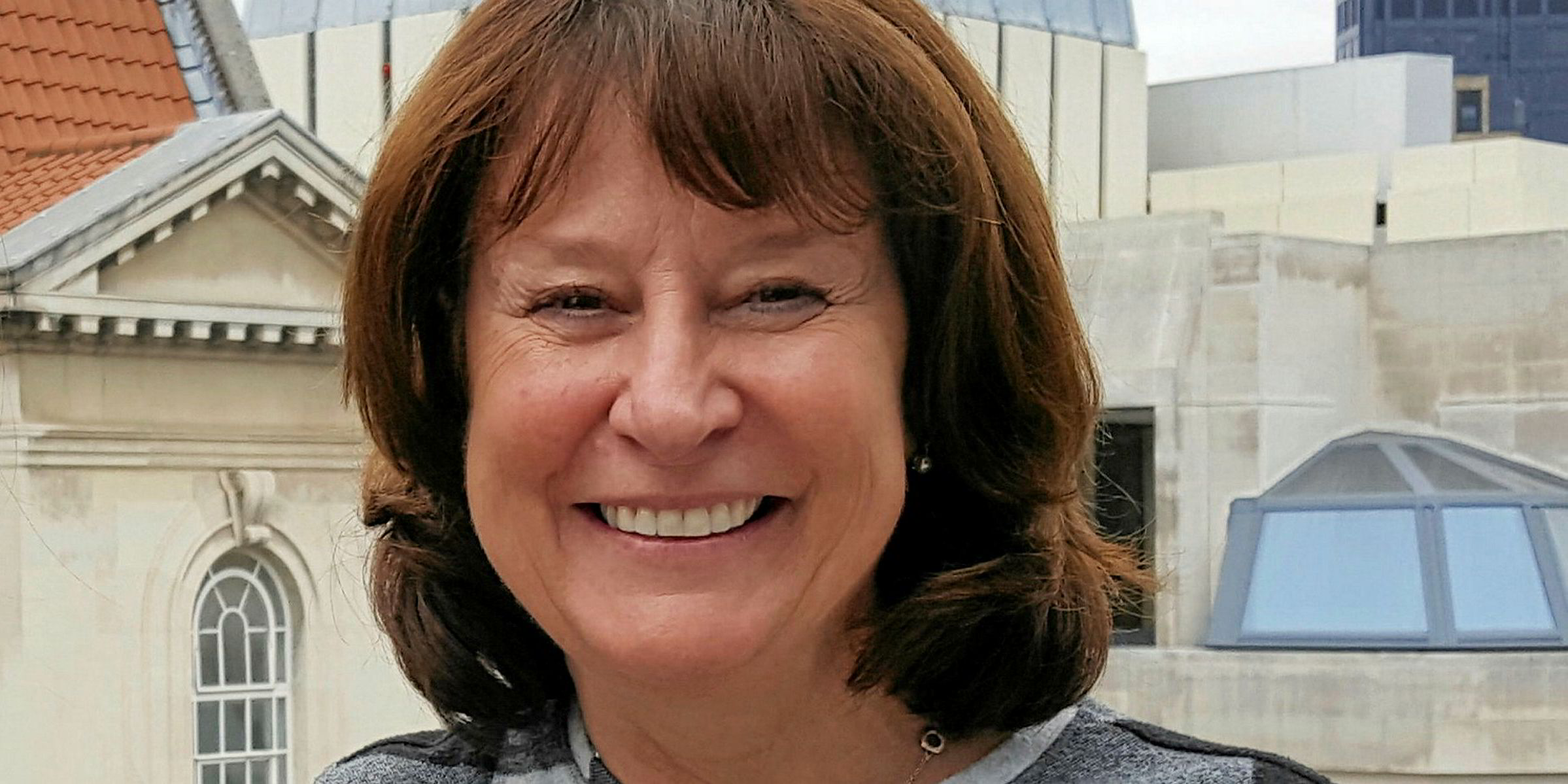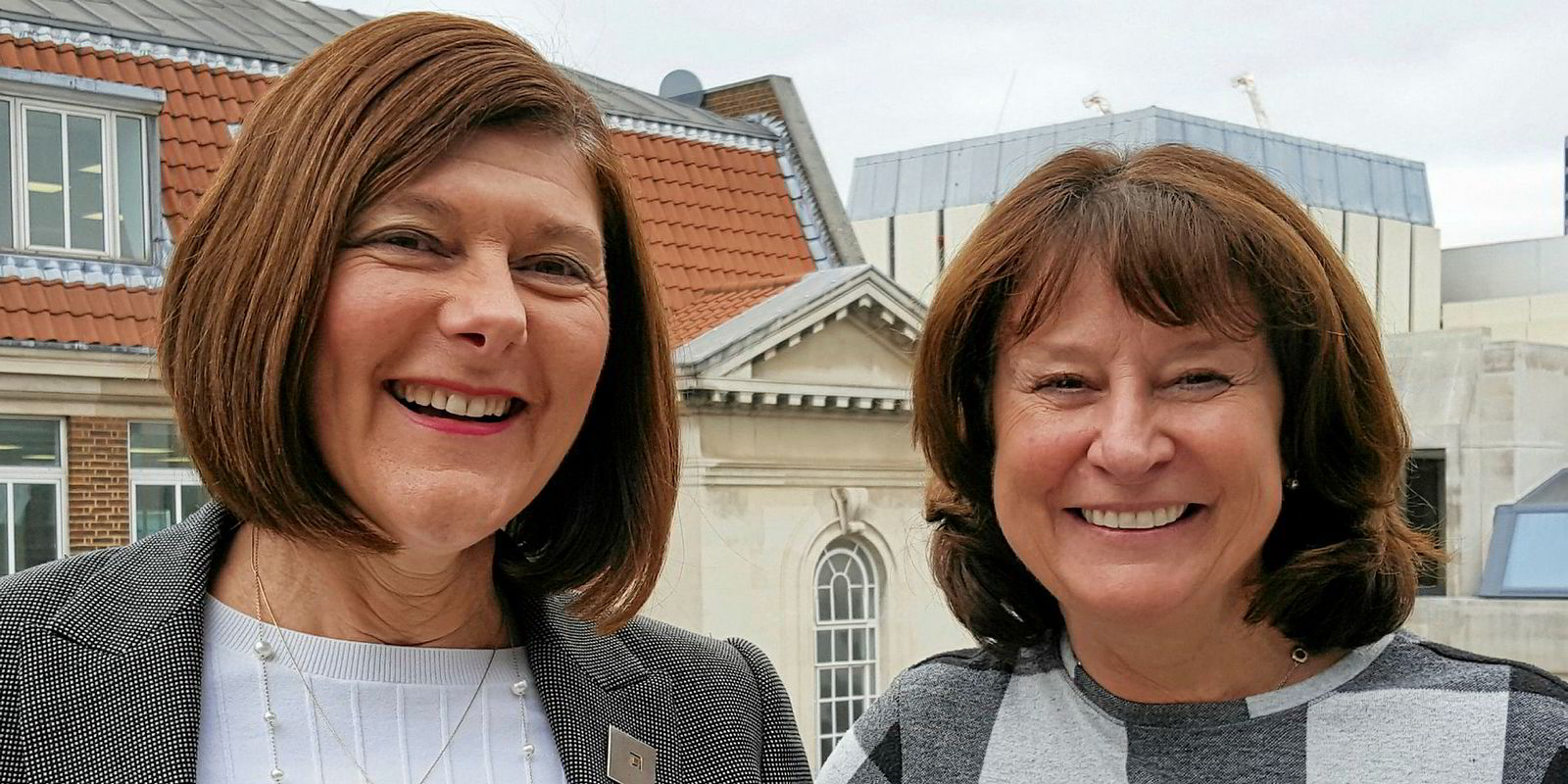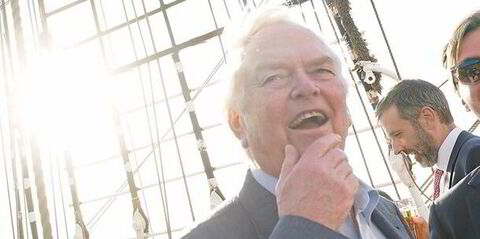Data from 366 companies globally shows a clear business improvement can be achieved with a better gender balance — and even greater results with an improved ethnic mix, according to Karen Parker.
The Brook Graham consultant says there is now a much deeper understanding of the business case for diversity and inclusion (D&I). But D&I is “a journey that can’t stop” because it is behavioural and there is a generational influence, she says.
Parker works with companies that are at the very start of their efforts to improve diversity.
Brook Graham normally begins by engaging with senior management, as they are usually driving a project. Parker says the reason for starting at the top is also that if the behavioural and cultural challenges are not seen by those in upper management levels, nothing is going to change.
Typically, Brook Graham starts by talking one-to-one with top management and running focus groups. The consultants then distil this into qualitative and quantitative data, present it to the project sponsor and make recommendations.
If gender diversity at a senior level is an issue, this could involve taking middle-management women and working with them on career development.
Parker says this is focused on areas of challenge that women find difficult.
“Generally speaking, women hate politics and networking. They don’t understand the importance of influence and stakeholder mapping,” she says. “They do understand what doing a really good job means and they hope to be promoted as a result of that. But that isn’t what happens.
“The easiest route for the male executive is to go and address the one that is banging the loudest, which tends to be the men.”
In the process, it is important to respect every person’s point of view, even people with very traditional opinions who “do not know what they don’t know or why they should even think about changing”, Parker says.
“If you can get people to talk about it, it gets opinions out there, creates debate and gets them to ask questions of each other, causing people to think, which ultimately creates behavioural change."
Parker outlines possible measures for companies, such as intervention workshops for senior management on unconscious bias; reciprocal mentoring, where a male executive is paired with a more junior but high-potential woman; and activities round HR and line management.
In October, Waltham is rolling out a pilot for maritime of Brook Graham’s two-day career development workshop for women. Waltham admits meeting resistance from men who have countered that women in their organisations do not need it.
“People have got to start to invest in people,” she says. “Those who don’t will be left behind.”




